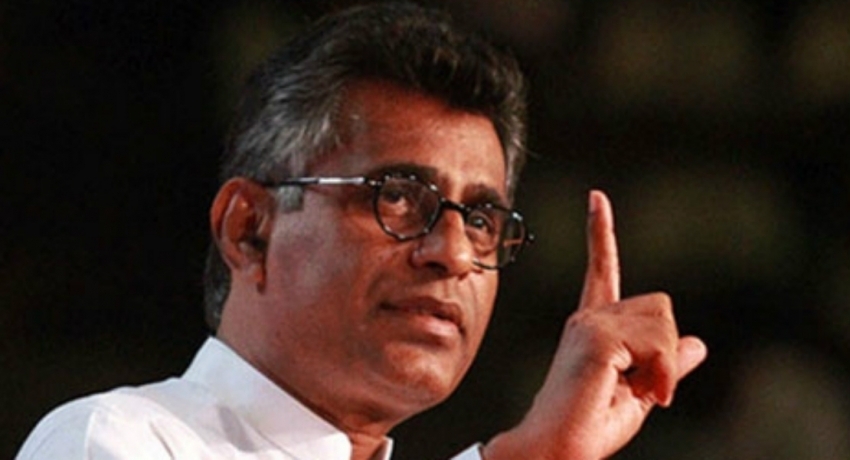
As Sri Lanka continues discussions with the International Monetary Fund and its creditors, Sri Lankan opposition MP Patali Champika Ranawaka has warned of social unrest in response to proposed tax increases.
The proposed increase in income tax comes as part of a bid to receive funding from the IMF and will see the threshold for tax exemption lowered whilst rates in each slab will be raised. The standard corporate income tax will also be raised to 30% from its current 24%.
“The lower middle class would fall into lower strata, while the upper middle class would become lower middle class because of tax increases. There will also be massive migration and Sri Lanka will become a human desert. There will be social unrest at the end of the day” warned Ranawaka.
In September, Sri Lanka reached an agreement with the IMF for a $2.9 billion loan but was contingent on wide-reaching reforms and the cooperation of Sri Lanka’s creditors, many of whom remain wary of the country’s ability to pay back its debt. In May, Sri Lanka defaulted for the first time and failed to pay off a debt of $78 million. Sri Lanka is the first Asia-Pacific country in decades to default on foreign debt.
The island’s financial collapse is in no small due to the economic mismanagement of the Gotabaya Rajapaksa administration, whose tax cuts led to tax receipts plummeting by a quarter and increased the budget to 14% of GDP. The Rajapaksa clan are now under being taken to court for their role in the island’s economic calamity.
Whilst there is growing recognition of the need for reform in Sri Lanka, opposition MPs such as Ranawaka warn of the potential impact.
“It is wrong to impose taxes without considering the situation of society. One should understand that tax increases could cause destruction” Ranawaka told parliament.
Speaking to journalists State Finance Minister, Shehan Semasinghe, maintained that, unlike previous reforms, those prescribed by the IMF will persist.
“Whatever the reforms we have had so far, the Parliament has given consensus. Unlike in the past, we will see these reforms (persist), and the revenue collection increase. The revenues should go up, if the subsidies are to be given to most needy people,” Semasinghe told an interview with EconomyNext.
Whilst noting the objections from opposition MPs, Semasinghe maintained that there was a growing consensus on the need for these reforms. It is the government’s hope that through these difficult measures, they can secure a further $2.9 billion, 4-year IMF loan.
However, across the island, there is trepidation over what these reforms will mean. Research at the University of Peradeniya has revealed that close to half of Sri Lanka's population, 42% (9.6 million people), are living under the poverty line. Sri Lankans are already struggling to obtain basic necessities such as food, medicine and fuel.
Yet the Colombo administration appears willing to push these reforms forwards and to use the security forces to clamp down on peaceful protests.
